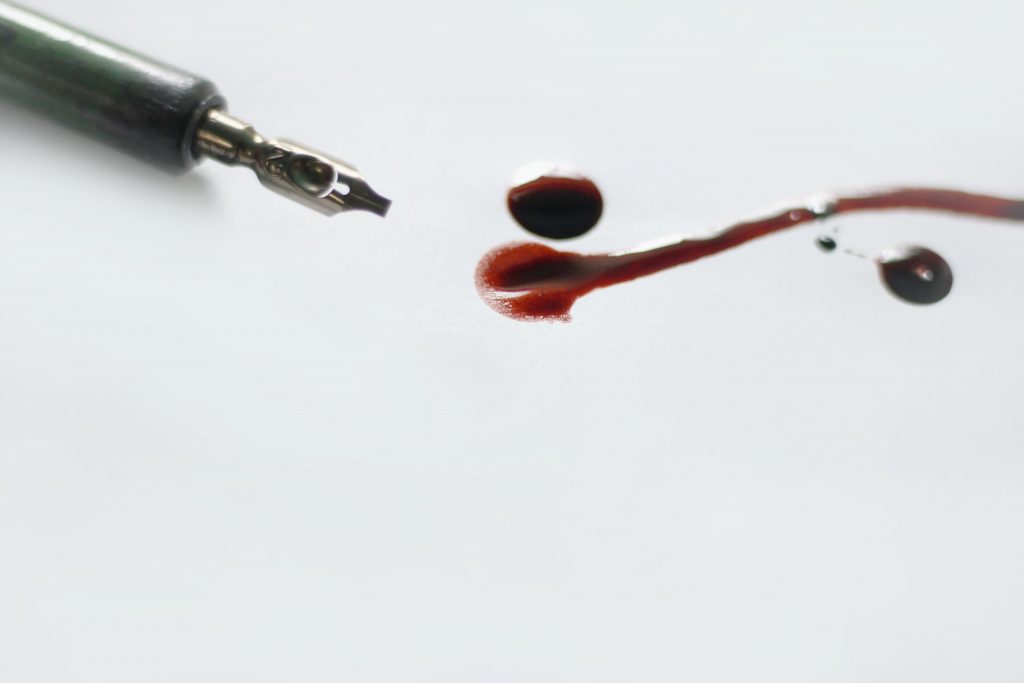My two fingers on a typewriter have never connected with my brain. My hand on a pen does. A fountain pen, of course. Ball-point pens are only good for filling out forms on a plane.
Graham Greene
There is something utterly elegant about hand-writing a document, about taking pen in hand and transferring the contents of our hearts and souls to paper.
When working on something as dreary as the budget for the month or filling out paperwork, a ball-point pen will do. When you are taken to record the most important moments of your life, or turning words into poetry, only the elegance of a Fountain Pen will do.
Fountain Pen Day reminds us of this and encourages us to pick up a fountain pen and put it our souls to paper.
History of Fountain Pen Day
The tools used for writing have gone through some massive changes throughout history. To begin with, it was chisels used to mark stone, a bit of papyrus reed to mark out the shapes of cuneiform, or bits of charcoal used to mark words on pieces of Birch Bark or bits of leaf.
Eventually, the ink was created, using various types of plant matter, animals, and eventually iron and extract of Oak galls. Ink required a new tool, and that tool was initially the dip quill pen, a bit of feather (usual goose) with a carefully cut nib to draw up the ink and transfer it to paper.
This was such an amazing innovation that it stayed with us for a goodly long while, but ultimately a new creation was needed that didn’t require constant dipping, and that didn’t require constant recutting of the nib.
So it was that the fountain pen came to exist in 1636, combining a wonderful reservoir of ink with a metal nib that didn’t require being recut constantly. The world of writing was changed forever, and it took 300 years for an innovation to come along that overshadowed it.
Overshadowed, but not eliminated, the Fountain Pen is still the writing utensil of choice for those who prefer a more traditional, elegant, and beautiful method of writing. It also has the benefit of producing a cleaner and more consistent line. Fountain Pen Day honors this writing utensil with the long, and ongoing, history.


